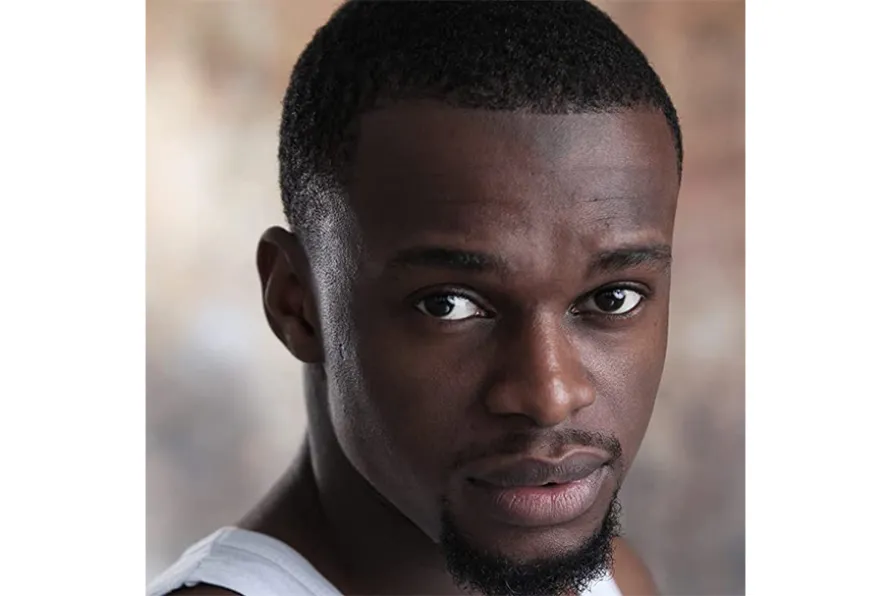New releases from Van Morrison, Tyler Ballgame, and Dry Cleaning
Dem Times, Omnibus Theatre Clapham
Bitter-sweet tale of a British-born troublemaker’s re-education in Ghana

 THOROUGHLY ENGAGING: David Omordia
THOROUGHLY ENGAGING: David Omordia
THE award-winning Omnibus Theatre in London, under the dynamic artistic direction of Marie McCarthy, describes itself as “a home of storytelling — a small place to encounter big ideas.”
And in the current climate of shock and stillness, that need for storytelling could never be more urgent.
One such story is that of Samuel Adjei in Jacob Roberts-Mensah and Rhys Reed-Johnson’s Dem Times, directed by Poppy Clifford, bow available on a podcast.
Similar stories

MARY CONWAY applauds the revival of a tense, and extremely funny, study of men, money and playing cards

MARY CONWAY is disappointed by a production that panders – if inadvertently – to Western prejudice against China

MARY CONWAY admires an accomplished drama that explores the consequences of a fatal punch on a desolate housing estate

MARY CONWAY applauds a study of comedians in whose cheap prejudice the tenets of the emerging political right are crystal clear










